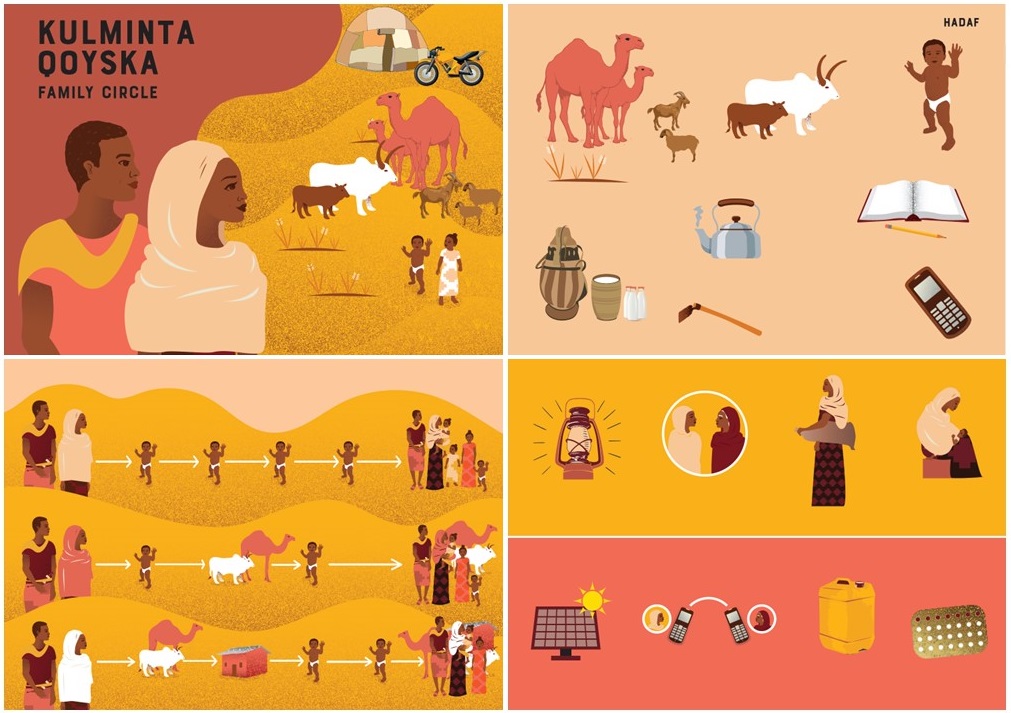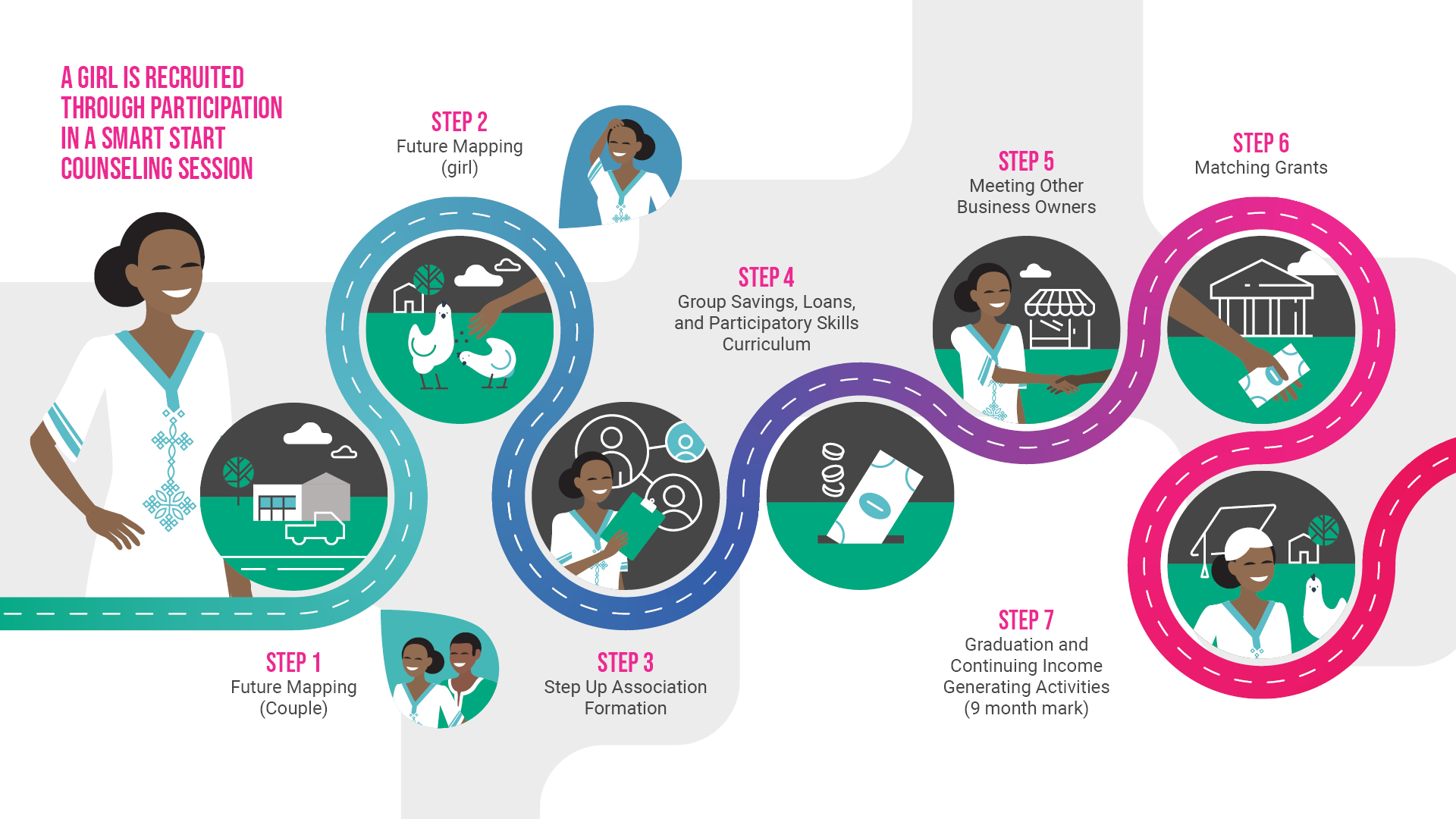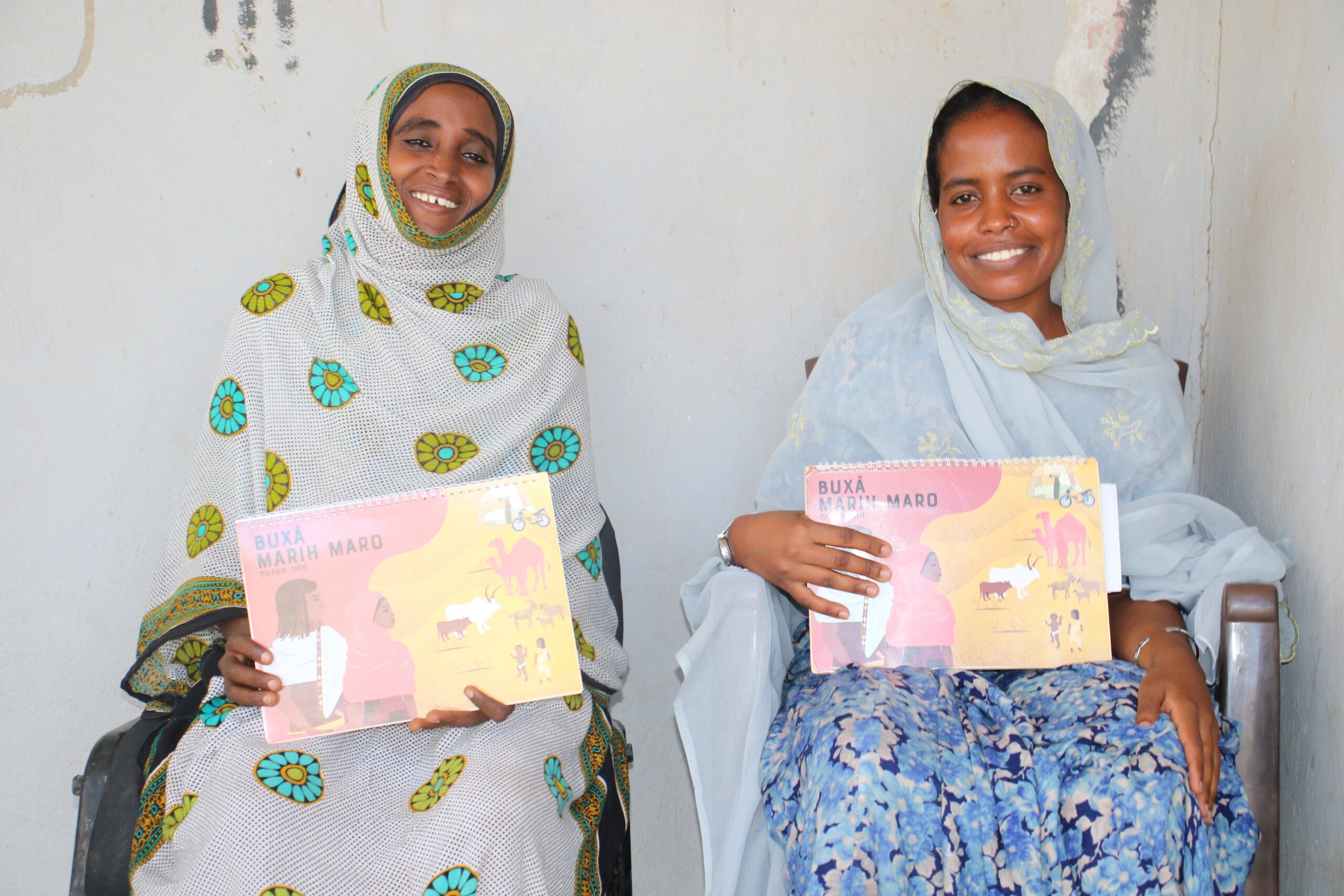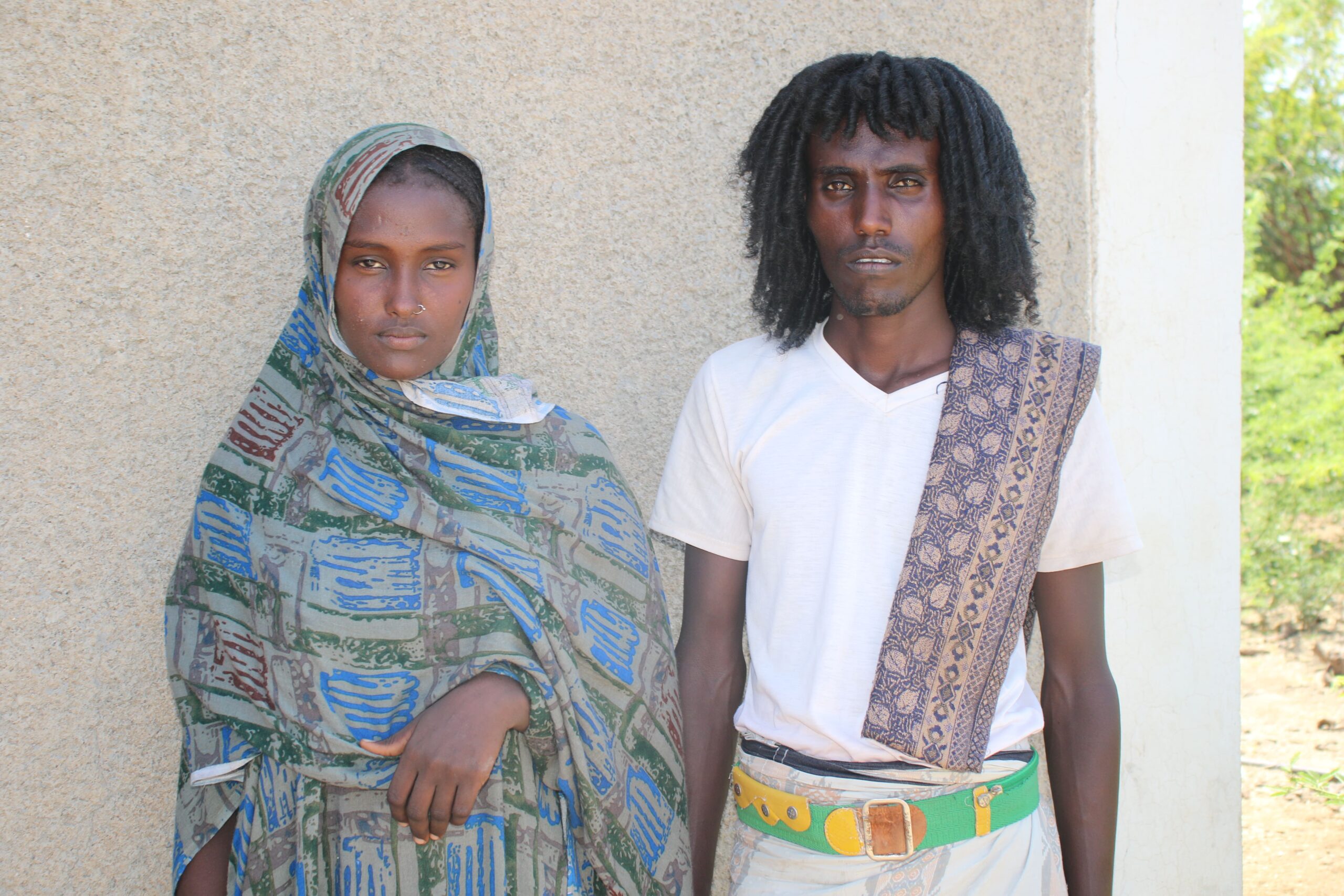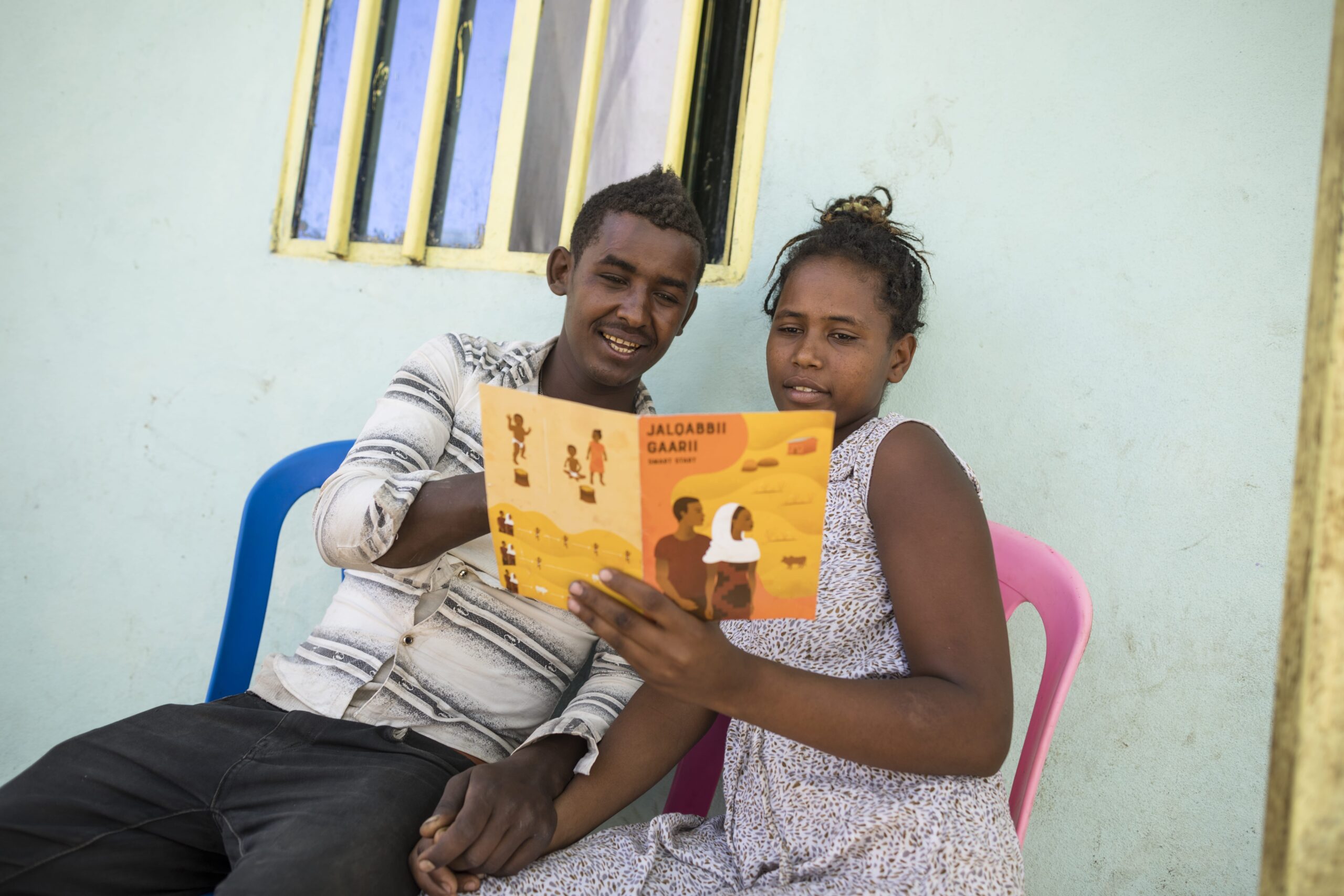RISE is being implemented by the MOH, with PSI/E providing important technical assistance to institutionalize Smart Start into the government’s successful Health Extension Program (HEP) and scale to 11,000 kebeles across the major agrarian regions in Ethiopia.
This process of institutionalization and government-led scale has required PSI to transition from direct implementation role to a TA provider to the government. The TA that is provided by PSI to scale through the MOH cuts across all WHO health system building blocks with the aim of sustainably strengthening the health system to provide adolescent-responsive demand creation and service delivery beyond the life of the RISE investment.
To implement RISE TA, PSI Ethiopia deployed personnel to support national-level activities. These staff are based at PSI’s Ethiopia’s headquarters in Addis Ababa, as well as at the headquarters of the six RHBs (in Southwest Ethiopia’s People’s Region (SSNPR), Oromia, Amhara, Sidama, Afar, and Somali) where RISE is currently being implemented.
Personnel at the RHB level provide support to the RHBs, the administrative zone level, woreda health offices, PHCUs, and HPs. The RHBs are staffed with five technical officers. Personnel based outside of Addis Ababa also provide supervision and technical support to their peers who are based at the regional level.
Further detail on the specific activities and desired outcomes from this TA approach are found in RISE’s TA framework.


